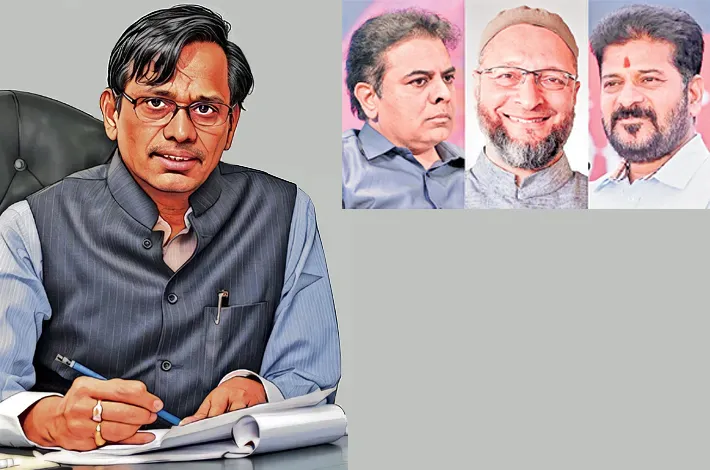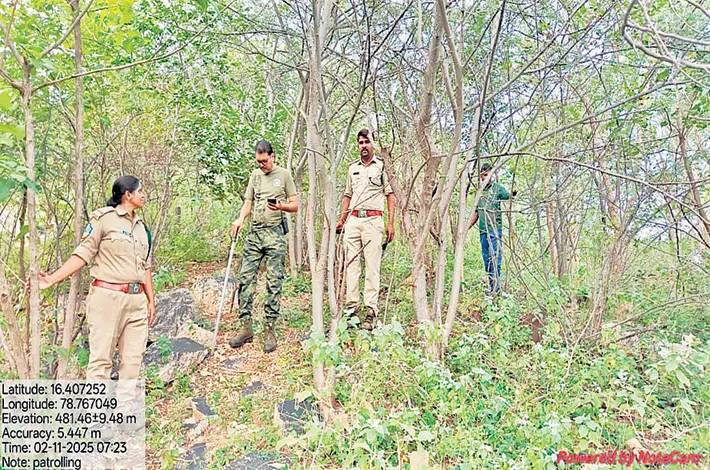The Difference Between Infatuation and Love
18-07-2025 12:00:00 AM

In the intricate tapestry of human emotions, few threads are as vibrant—or as confusing—as infatuation and love. These two states of affection often intertwine, leading people to mistake one for the other, especially in the early stages of a relationship. While both infatuation and love can ignite passion and longing, they differ significantly in depth, duration, and the way they shape our connections with others. Understanding these differences can help us navigate relationships with greater clarity and intention.
At its core, infatuation is a powerful, often overwhelming attraction to someone. It’s the spark that lights up when you meet a person who seems to embody everything you’ve ever dreamed of. Infatuation is immediate, intense, and largely driven by physical or superficial qualities—think of the racing heart, the butterflies in your stomach, or the inability to think of anything else. It’s an emotion rooted in fantasy, where the object of your affection is placed on a pedestal, their flaws either unnoticed or dismissed. Psychologically, infatuation triggers a rush of dopamine and adrenaline, creating a euphoric high akin to a natural drug. This explains why it feels so exhilarating—and why it’s often short-lived.
Love, on the other hand, is a deeper, more enduring bond that transcends the initial thrill. While infatuation thrives on the unknown and the idealized, love grows through familiarity, acceptance, and mutual vulnerability. It’s not just about how someone makes you feel in the moment but about the commitment to their well-being over time. Love is patient and steady, weathering imperfections and challenges that infatuation might flee from. Where infatuation is a wildfire—bright, fast, and consuming—love is more like a hearth fire, warm and sustaining, built on trust, respect, and shared experiences.
One key distinction lies in their timelines. Infatuation is a sprinter, bursting forth with energy but rarely built for the long haul. Studies suggest that the chemical rush of infatuation typically lasts anywhere from a few weeks to 18 months, after which it either fades or evolves into something more substantial. Love, by contrast, is a marathon runner. It doesn’t demand instant gratification but develops gradually, often emerging from the ashes of infatuation as the rose-tinted glasses come off. This evolution requires effort, communication, and a willingness to see and accept the other person as they truly are—not as a projection of your desires.
Another difference is the focus of each emotion. Infatuation tends to be self-centered, fixated on how the other person makes you feel. It’s about the excitement they bring, the validation they offer, or the way they fit into your imagined narrative. In this state, you might overlook red flags or incompatibilities because the high of the moment outweighs any deeper reflection. Love, however, shifts the lens outward. It’s less about what you get and more about what you give—support, understanding, and care. Love asks, “How can I make this person’s life better?” while infatuation asks, “How can this person make my life better?”
This contrast becomes clearer in how each handles conflict. Infatuation often crumbles under pressure. When disagreements arise or flaws surface, the illusion shatters, and the feelings may dissipate as quickly as they came. Love, though, sees conflict as an opportunity for growth. It doesn’t run from imperfections but engages with them, seeking resolution and compromise. This resilience stems from love’s foundation in reality rather than fantasy—a reality that includes both the highs and lows of human connection.
Consider, too, the role of obsession versus security. Infatuation can feel all-consuming, marked by an anxious need to possess or be near the other person. It’s possessive, restless, and sometimes even irrational, driving behaviors like constant texting or jealousy over imagined rivals. Love, while passionate, offers a sense of peace. It doesn’t cling out of fear but trusts out of strength, allowing both partners the freedom to be themselves without losing the bond.
Of course, the line between infatuation and love isn’t always sharp. Infatuation can be the seed from which love grows, provided it’s nurtured with time and intention. Many lasting relationships begin with that intoxicating spark, only to deepen into something more meaningful as the initial haze clears. The challenge lies in recognizing when you’re caught in infatuation’s grip and deciding whether it’s worth cultivating into love—or letting go when it’s clear the foundation isn’t there.
Ultimately, infatuation and love serve different purposes in our emotional lives. Infatuation is a thrilling invitation, a burst of energy that draws us toward another person. Love is the home we build if we choose to stay. Both are beautiful in their own right, but only one has the strength to endure. By understanding their differences, we can approach relationships with greater wisdom, savoring the rush of infatuation while aspiring to the depth of love. In a world obsessed with instant gratification, love reminds us that the most rewarding connections are those we grow into—not just fall into.








